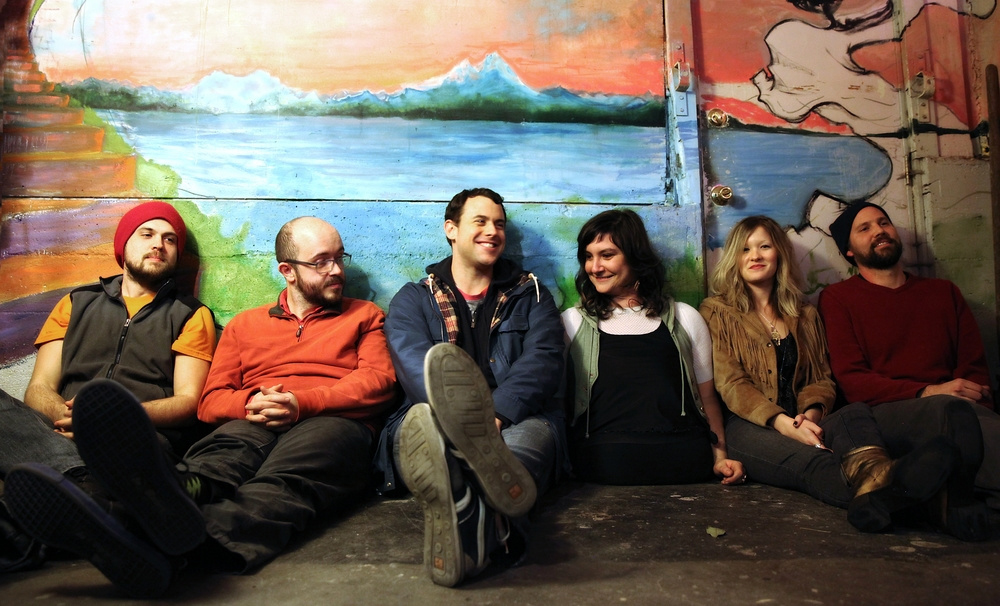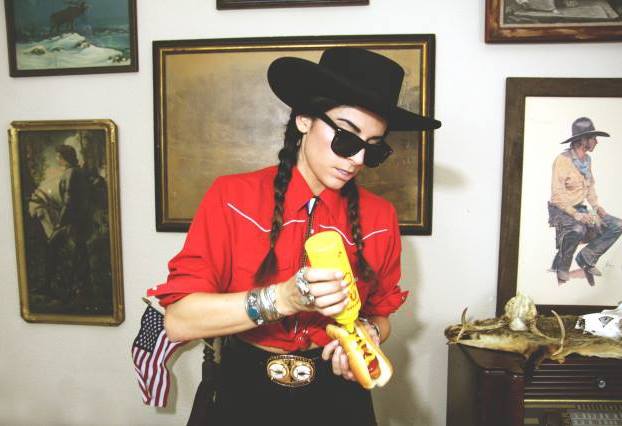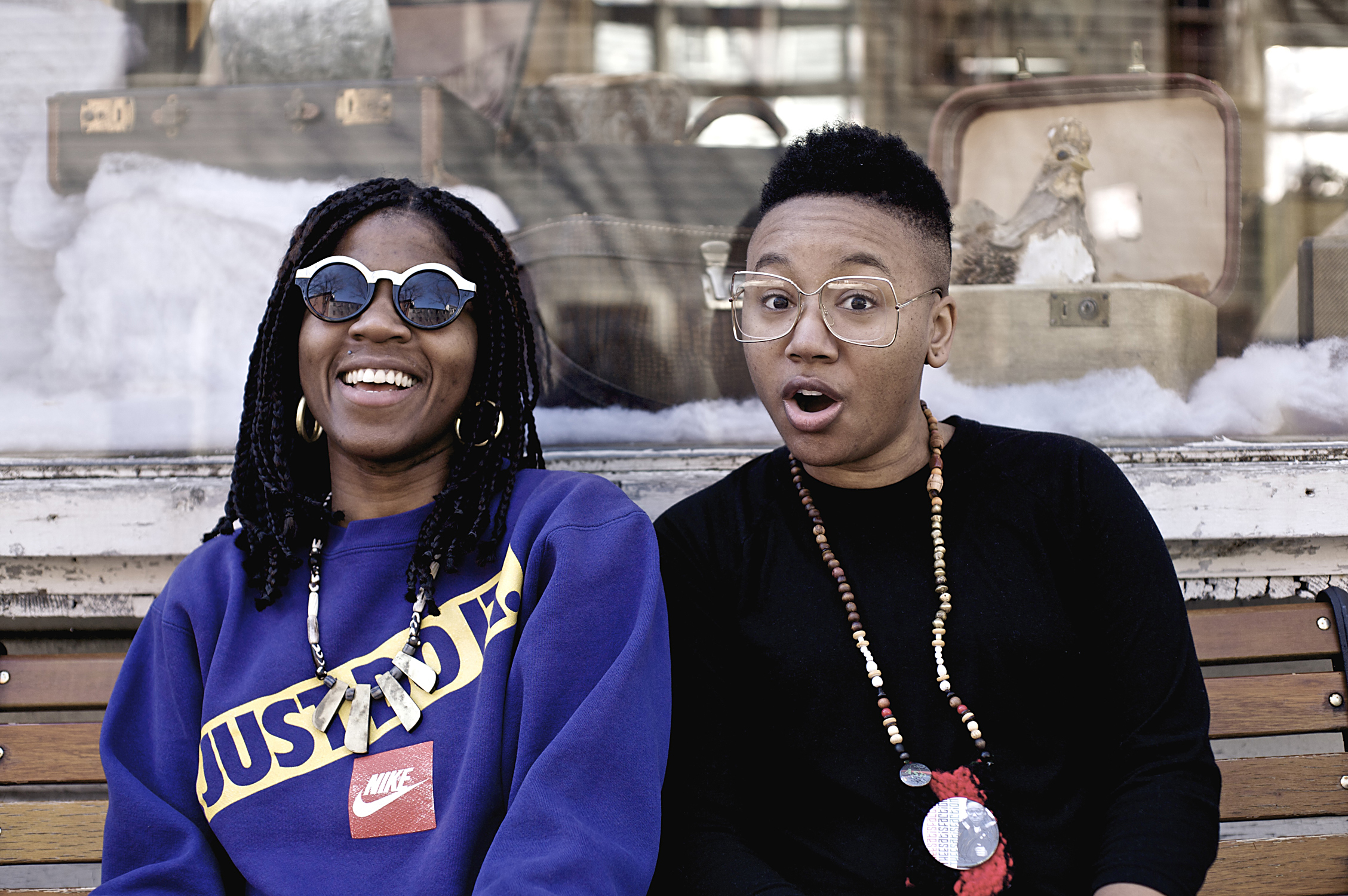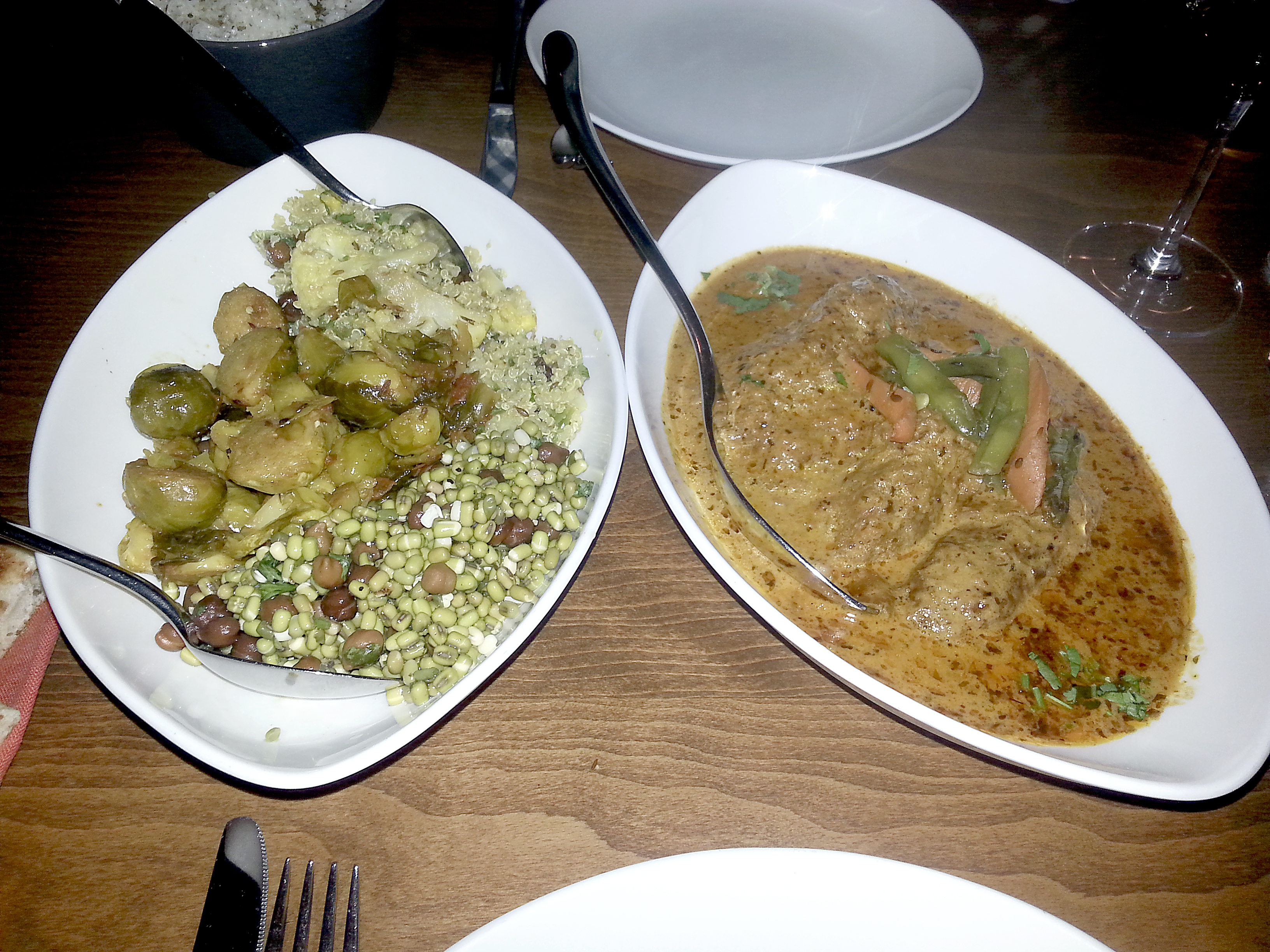In this week’s fest issue, I spoke with Mindie Lind of circus folk group Inly, who play Folklife for the first time this year. I didn’t have nearly as much room as I would have liked to share her thoughts on the fest and Seattle’s music scene, so here’s the rest of our chat (read the print edition
here
).
SW: You and I have been in touch through your day job in PR. How did you get into that line of work?
Mindie Lind: I was working in research for a long time and I wasn’t happy, and I love music and I’m really interested in the music scene. Devon [at Hearth PR] saw that I was hungry and took a chance on me. I’ve been here for about nine months.
SW: Tell me about yourself and your relationship to the Seattle music scene.
ML: I’m from Georgia, where I was raised. When I moved here I started to understand some of the music of the South, because it wasn’t saturated in the politics of the South, and I latched on to the Americana country scene out here. I grew up in the church; I was part of one of those families that went to church three times a week. I grew up in the choir, and I played French horn and was classically trained. But I spent a long time loving Jesus when actually I was falling in love with music. I sold the horn to move out here when I was 23. Now I’m 31, so it’s been about eight years.
SW: How did you connect with your bandmates and Katie Blackstock? She complements your vocals with such close, pretty harmonies you’d think you’re related.
ML: I love that “sister harmonies” sound. I’ve been looking for someone to sing with who has that quality, someone told me about Katie, and I just messaged her. I think we were five minutes in, and it just worked. I love singing with Katie; she’s confident, easy, and she just knows where I’m going.
Kieran [Harrison Buhlinger] is the guy behind that awesome guitar; we must have met at Cafe Racer. I didn’t know how to play piano yet and that’s how Kieran and I became buddies. He put on a show for me at my house, and has been incredibly supportive of what I want to do. I used to be in a group called the Gravey Grime Girls, and he recorded our albums. I was looking for another project, and Kieran is in the band Corespondents, he and I started talking about how we wanted to make music together; Corespondents wrote this song about Drew [Keriakedes] and Joe [Albanese] who were killed at Cafe Racer, and I had some I was working on too. Kieran was the first to work on them with me, and that’s how I met the other dudes in the band.
After that whole thing [the Cafe Racer massacre] I think we already knew we should be making music together. It was such an overwhelming experience, but the extreme community that came together was bigger and more real than the community I had in the church. I think a lot of people in cities have the tendency to talk without that much follow through, but there was so much love and community and banding together and the band just naturally came out of that.
SW: You said the video for “Mississippi Misfit” says a lot about your band—what did you mean by that?
ML: For me, I have no legs. That song was a specific reference to “Cripp” [i.e., crippled] culture and Cripp identity. Cripp is a sort of a new strange word for me. I don’t really like the word disability, it’s like a dirty word when people say that about me. I’ve been looking around for a better one, like adaptability. It’s not about what you can’t do, but how you’re going to do it. Like me on the skateboard [in the video]. When I started using the skateboard, that Joe, who I met at Cafe Racer, made for me, I tapped into a new kind of creativity that was part of not having legs for me. The problem with the word disability is that it’s a symbol that comes from our culture of help, and we were really trying to play on that symbol, that picture, to break that apart from icons of disabilities and talk about it in a way that includes sexuality, self-sufficiency, and artistry. The video is about Cripp-culture creativity and how it fits in our band.
SW: It seems like you’re prepared to make a statement about Cripps in music culture. I can’t think of many groups that are working to raise that kind of awareness.
ML: Yeah, I would be upset if it doesn’t get done, and I would be more upset if it wasn’t me. If I could marry those two [music and Cripp identity] every time I play music, if that’s what it does, that’s fine. I’d like for people not to have to think about the fact that I don’t have any legs.
SW: Is that something that happens a lot at your gigs?
ML: Well, a lot of people show up to the venue and ask the guys [band] what‘s going on, I think there’s a lot of that. Every time I go outside there’s some extreme reaction, and I totally get that but I’m equally troubled by that. I sort of get off on being that different, that it’s impossible not to ask people not to take it in, but take “Mississippi Misfits,” for example. As a person without legs, I was traveling with a friend who also doesn’t have any legs, Andre Kajlich, he’s the number one paratriathelete, you should look him up! He’s amazing. We took a little jaunt around Greenlake and it was really fun, but everyone was staring at us! People felt compelled to help us, and were being really nice, trying to push me in my wheelchair. Whenever that happens, I’m like, “Oh no, we’re fine! Don’t do me any favors.” I try to be nice about it, but that’s what that lyric in the song is about.
SW: How does Folklife fit in with that ethos?
ML: The thing about Folklife is that it features so many kinds of music that are all related, but there’s a lot of branching out. There‘s traditional folk music, psych and roots-based music, and plugged-in reverb sounds. I’m excited to see so many bands. Corespondents, my favorite band in Seattle, is playing; Colt Kraft Band; Low Hums; there’s this guy Ethan Lawton, he plays this rootsy rocksteady sound, it’s the funnest, prettiest music. I like really diverse bills, and Folklife does a good job with that.








